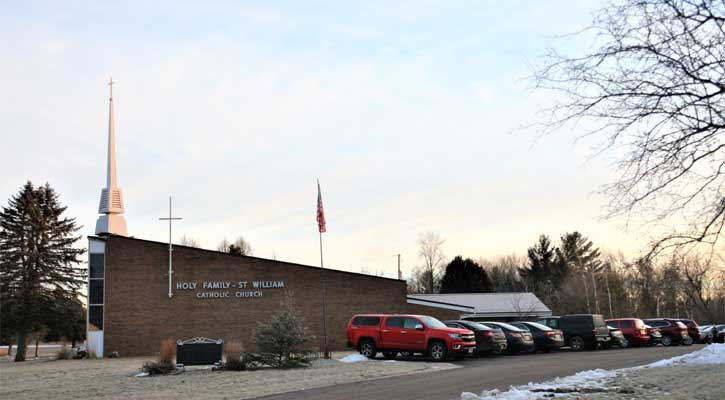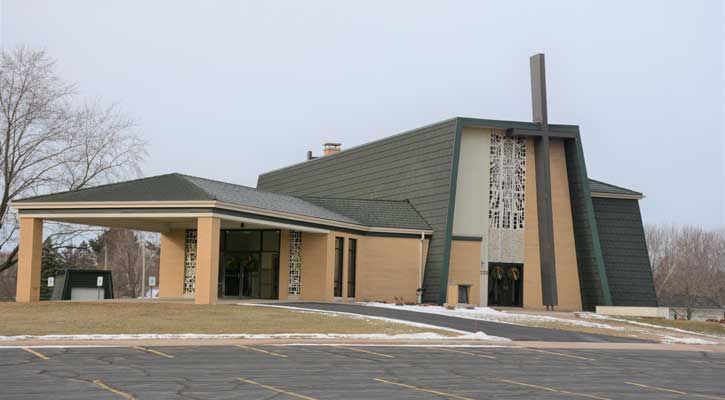Ask Father:
This week’s question: “Why should I get an annulment? And how do I get one?”
You question is such a crucial issue in the Church today, and this topic is so fraught with misinformation and silly and dangerous myths that I’ll probably take two weeks to address it here. So, before we begin, let me say – as always – thanks for asking!
Let’s begin with some good foundational background information. The word ‘annulment’ is actually sort of a slang shorthand way of saying: a finding (or a decree) of nullity (nullity means not valid or lacking in the necessary components) with respect to a marital bond when that marriage has failed.
Jesus, of course, taught that “everyone who divorces his wife, unless the marriage is unlawful, makes her an adulteress; and whoever marries a divorces woman commits adultery.” That’s because, as Jesus also said, “What therefore God has joined together, let not man put asunder.” The reason, of course, for Jesus’ dogged insistence on the permanence of a marriage bond is that marriage is modeled on His love for His Bride, the Church; and NOTHING NOHOW NOWHERE can or will ever break that bond.
A (valid) marriage happens when a man and a woman (who are properly qualified to do so) legitimately manifest their consent to freely and mutually enter into a marriage bond and its obligations with one another. Because they consent to a permanent and exclusive bond to one another for the good of the two spouses and the procreation and raising of children, once they validly exchange that consent, the bond between them cannot be broken (NOHOW NOWHERE) – except by death.
So, marriage is a permanent bond between a man and a woman that can be broken only by death. Of course, Jesus’ Bride (the Church), like a good Wife and Mother, both adheres to the teaching of Jesus Himself, and yet – at the same time – tries to put the most merciful face on the application of that Great Truth.
Hence, She has developed a way to mercifully acknowledge that sometimes (because – as Jesus Himself said – of the hardness of our hearts), the human experience of marriage can fall far short of the theological reality of marriage. The way that Jesus’ Church mercifully acknowledges this sad occurrence is what is commonly now called: Annulment.
A decree of nullity is a statement that, upon full investigation of all the relevant information (much of which was likely overlooked or unknown at the time that consent was given – on their wedding day), something of necessity was lacking for that full, proper, legal consent to be given; and that therefore, the marriage bond was actually null. That means that both parties are in fact still free to marry another.
Just a quick word before I leave the rest of this question for next week. Divorce, in and of itself, while always sad and painful and wounding to everyone involved, does not separate either party from the Catholic Church and the Sacraments. It should be confessed once, and once forgiven, a divorced person is in full communion with the Church. The difficulty comes about when a divorced person attempts to marry another without a declaration of nullity for their previous marriage.
Thanks for another great question; and stay tuned next week for the exciting conclusion!



